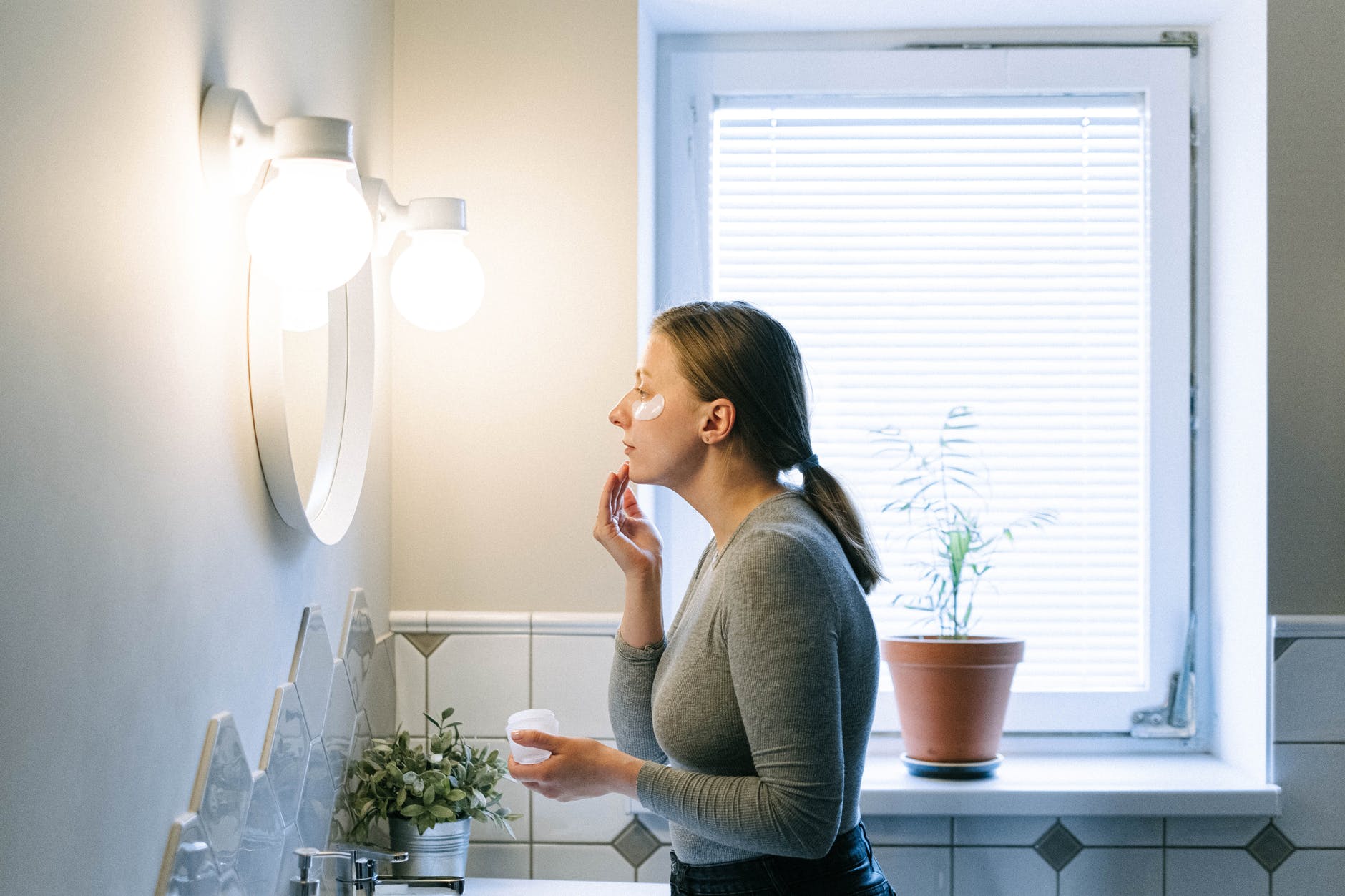Bad news and negativity on social media is almost inescapable. As the COVID-19 pandemic enters its second year and newer, faster-spreading variants emerge, stories about surges in infections and deaths, announcements about renewed lockdowns, and posts about vaccine anxiety are dominating our newsfeeds.
Add into this mix the stressors carried over from last year (i.e. financial stress, isolation, and fear) and it’s no wonder that people are experiencing more mental health challenges than ever.
“Self-care is self-preservation.”
Kevin Quibranza, life coach
What should we do when we feel as if we can’t take it anymore? This is where self-care comes in. And while it may initially feel ludicrous to think of taking a break when there are so many problems that need to be fixed, we are actually duty-bound to take care of ourselves. “Self-care is self-preservation,” says Kevin Quibranza, life coach and MindNation People and Operations Head. “Everything in our lives — our goals, financial security, relationships with others — are dependent on our level of health, and self-care acts ensure that we stay healthy enough to achieve positive outcomes in all of them.” If we fail to take care of ourselves and get sick — whether physically or mentally — then we risk financial uncertainties, damaged relationships, and even our lives.
With this in mind, here are some things you can do to take care of your well-being when it all seems too much to bear:
Don’t forget the self-care basics. Prioritize sleep, eat mindfully, exercise, and stay in touch with loved ones. These promote not just mental health but also our physical, emotional and spiritual well-being, enabling us to feel less stressed and more resilient in anxiety-ridden times like these.
Reduce social media use. While social media is a great way to keep in touch with family and friends as well as stay informed about the latest news, studies have shown that excessive use can fuel feelings of depression, anxiety, and isolation. And if your newsfeed is becoming an obituary these days, it’s time to modify your habits so that you improve your mood. “You may not have control over the things you see on social media, but you are in control of the amount of time you expose yourself to it,” Kevin points out.
Some things you can do:
1. Use anti-distraction software. “I will only check social media for one hour each day” is easier said than done because social networks were deliberately designed to be as addictive as possible by some of the smartest people in the world. The solution — use tools that enforce discipline. Focus apps like Forest, Focus To-Do, and Pomodoro Timer can block the websites or apps that you want for an amount of time that you set, and can be a bit cumbersome to disable so you think twice about “cheating.”
2. Adjust who you are following. You don’t need to follow every news outlet or every famous journalist — limit it to just two or three so you are not bombarded with the same bad news in a short period of time. And if you have friends or relatives who regularly post fake news or propaganda that raises your hackles — that’s what the “Unfollow” function is for.
3. Institute a social media free day each week. Pick one day a week to go without your phone or social media, and it will go a long way to giving your mind the space it needs to slow down and rest.
Give yourself permission to express and feel your emotions. Apart from fear and anxiety, guilt and shame are two other emotions experienced by many during this pandemic. It is frequently felt by those who look at the infection and death tolls and wonder how they were spared, as well as by those who recovered after being infected. And while these feelings are normal, they can lead to longer-term mental health issues if left unresolved. If you are feeling survivor’s guilt, try to manage them by doing the following:
4. Practice being kind to yourself. Instead of asking “Why me?” try “Why not me?”
Meditate, breathe, journal. These mindfulness activities can provide a much-needed break from the barrage of bad news that tends to worsen your guilt.
Use compassionate self-talk. Accept that what you are feeling is part of being human.

Drop some responsibilities. Stress is caused by an imbalance in the different aspects of your life (i.e. work, relationships, “me” time) so analyze your schedule, responsibilities, and daily tasks. “If your body and your mind are both telling you that you need a break – listen to it. Stop what you are doing and indulge in activities that can boost your happiness or gratitude,” Kevin says.
5. Find ways to help others. Studies have shown that happiness and life satisfaction increases when we volunteer or help others,” shares Kevin. “It might seem hard to do while maintaining social distancing, but simple acts like talking to and empathizing with friends who are in need or helping your family with chores at home can really change your perspective.”
6. Talk to a mental health professional. You don’t hesitate to see a doctor if you feel pain or discomfort in your physical body, so neither should you delay talking to a psychologist or WellBeing Coach if you are feeling stressed, empty, alone, afraid, or overwhelmed. And even if you are not struggling, there’s no harm in checking-in with an expert. At the end of the day, we all benefit from knowing that someone will always be there to listen.
MindNation offers 24/7 online sessions with licensed psychologists and WellBeing Coaches. Book your session now through bit.ly/mn-chat or email [email protected].

